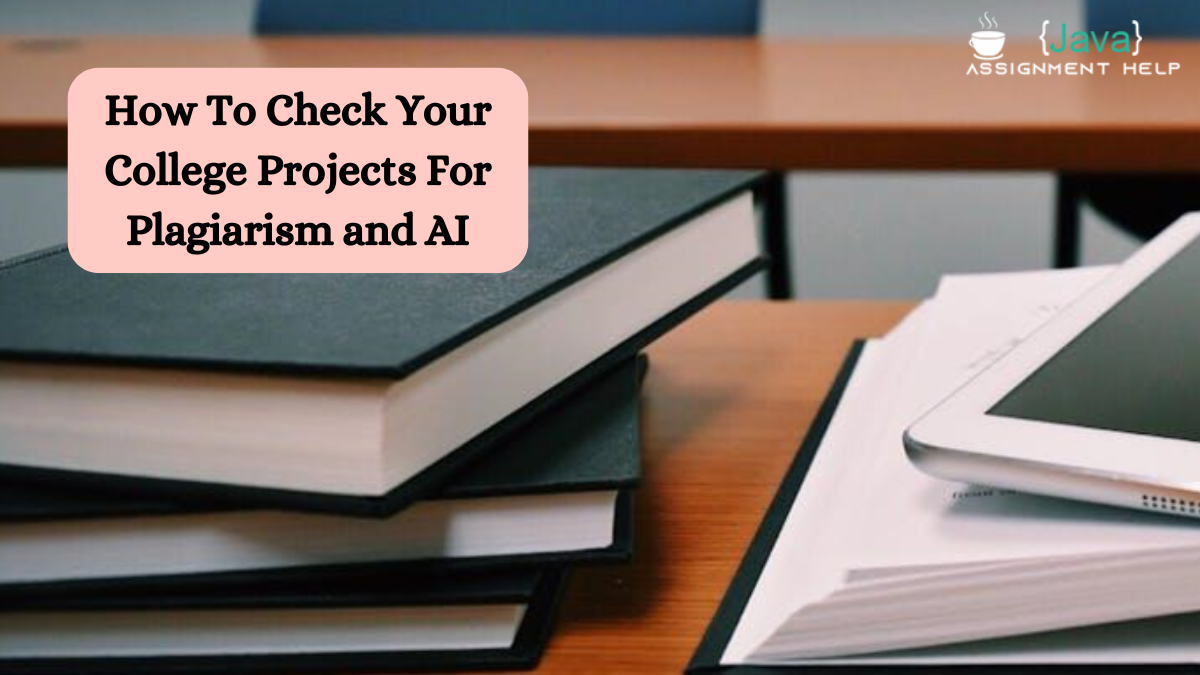As students navigate the vast amount of information available at their fingertips, the temptation to borrow too heavily from existing sources—or even rely on artificial intelligence (AI) for content creation—can be a real challenge. However, understanding how to check your work for plagiarism and AI-generated content effectively is not just about avoiding academic misconduct; it’s about honing your research skills, cultivating your voice, and contributing authentically to your field of study. Let’s dive into the strategies and tools that can help you safeguard the originality of your college projects.
Understanding the Landscape of Academic Integrity
Before we explore the how-tos, it’s vital to grasp the importance of academic integrity in your educational journey. Academic integrity involves honesty and responsibility in scholarship, and plagiarism directly undermines these values. Plagiarism is about copying and pasting, failing to credit ideas properly, or using AI to create content that is not yours. In an era where AI can generate essays, reports, and even research papers, distinguishing your original work becomes paramount.
The Significance of Original Work
Originality is the cornerstone of academic and intellectual progress. Your unique perspective, analysis, and contributions push boundaries and spark new ideas. By ensuring your work is original, you’re following rules and participating in a tradition of innovation and discovery that defines the academic community.
Strategies for Ensuring Originality
Developing a routine of reflective practice, questioning, and expanding upon your findings ensures the authenticity and depth of your work. Engaging in interdisciplinary research introduces novel viewpoints and methodologies into your projects, enriching your academic contributions.
Know Your Sources
In-depth research is the foundation of any scholarly project. Familiarize yourself with the sources you consult, critically evaluate their content, and reflect on how they inform your work. This practice enriches your understanding and helps you synthesize information in a way that naturally leads to more original work.
Master the Art of Citation
Proper citation is your shield against accusations of plagiarism. It demonstrates your respect for the intellectual property of others and delineates your ideas from those you’ve sourced. Familiarize yourself with the citation style required by your college or discipline, whether it’s APA, MLA, Chicago, or another, and use it consistently throughout your work.
Use Plagiarism Detection Tools Wisely
Plagiarism detection tools like Turnitin, Grammarly, and Copyscape have become indispensable in the academic toolkit. These tools scan your work against a vast database of published material to identify potential matches or similarities. However, use these tools as a checkpoint rather than a crutch. They can help you identify areas where your paraphrasing may be too close to the source or where citations are missing. Still, they can’t assess the quality or originality of your ideas.
Be Wary of Overreliance on AI
The line between human and machine-generated content blurs as AI becomes more sophisticated. While AI tools can assist in brainstorming or drafting, relying on them for significant portions of your work can undermine your development as a scholar. Challenge yourself to develop your arguments and insights, using AI as a supplement rather than a substitute.
Engage with Peers and Professors
Dialogue and collaboration are vital components of academic life. Discussing your ideas with peers and seeking feedback from professors can provide new perspectives and insights that strengthen your work’s originality. This collaborative process enhances your learning experience and fosters a community of integrity and creativity.
Leveraging Technology for Originality
Embrace technology as a partner in creativity, using digital libraries and databases to uncover diverse sources that inspire unique insights. Tools like AI writing assistants can offer structure and stimulate thought, but your analysis and voice should lead.
AI Content Detectors
With the rise of AI-generated content, tools, such as an AI checker, designed to detect such material are becoming increasingly important. Platforms like GPTZero, Copyleaks, and Turnitin are beginning to implement features that can identify AI-generated content, helping you ensure that your work is your own.
Plagiarism Checkers
As mentioned, plagiarism checkers are invaluable for identifying similarities between your work and existing sources. Before submitting your project, run it through a plagiarism checker to ensure that any unintentional overlap is addressed.
Citation Management Tools
Tools like Zotero, EndNote, and Mendeley can help you manage your sources and ensure your citations are accurate and complete. These tools also save time, allowing you to focus more on developing your ideas.
Conclusion
Checking your college projects for plagiarism and AI-generated content is more than just a procedural step; it’s a commitment to your growth as a scholar and a professional. By embracing the strategies and tools discussed, you safeguard your academic integrity and cultivate thoughtful research, critical thinking, and innovative problem-solving. These practices will serve you well beyond the confines of any single project or course, becoming integral to your intellectual identity and professional ethos.
Also Read: 199+ Innovative Capstone Project Ideas for Cybersecurity [2024 Updated]

